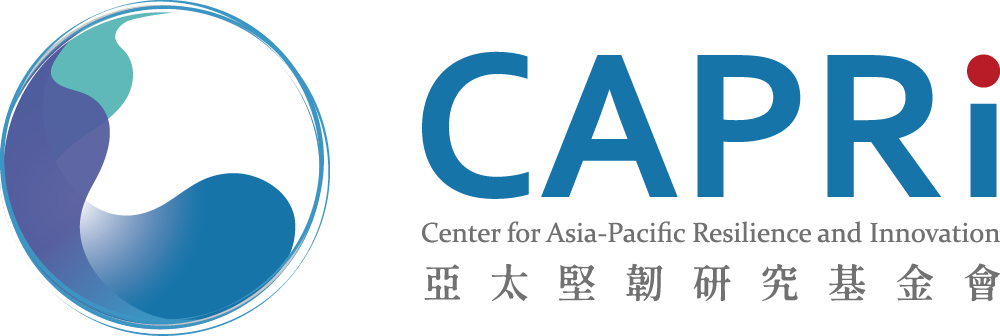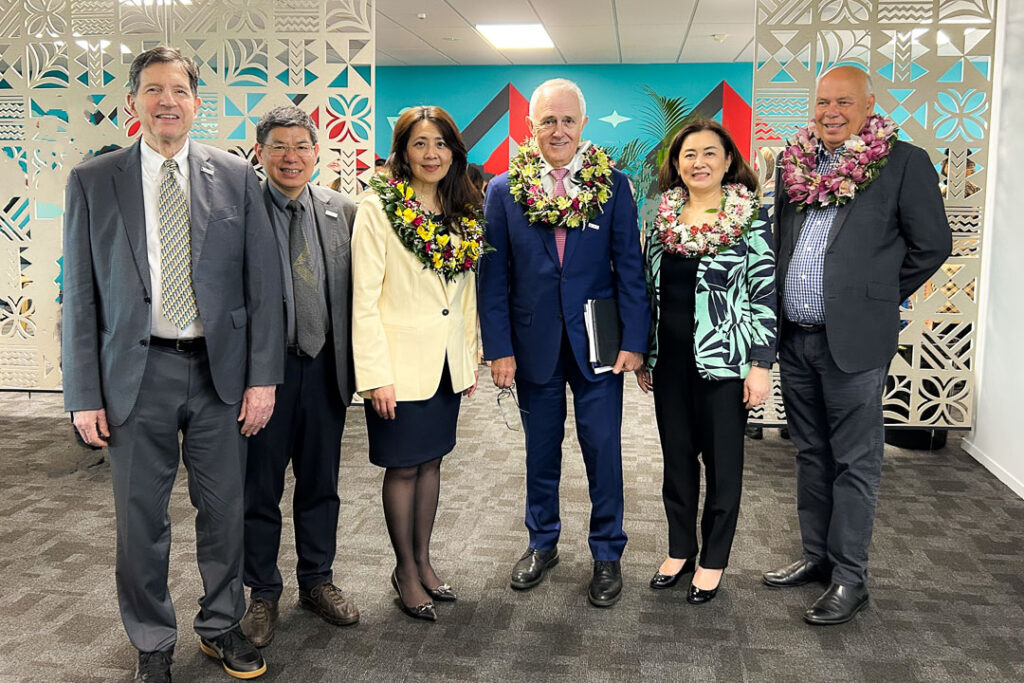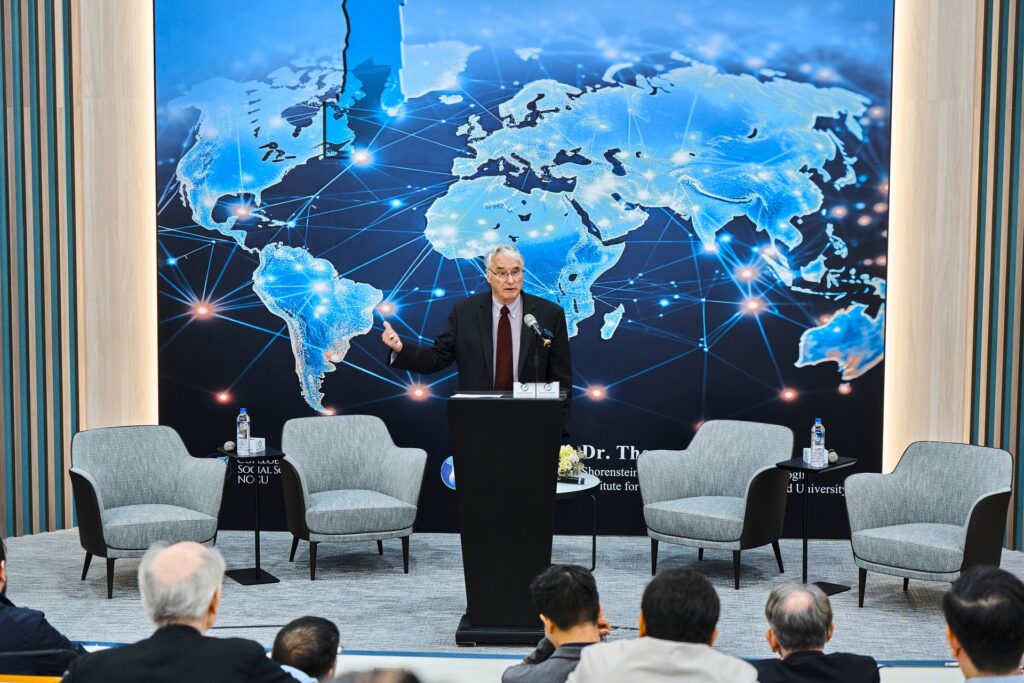The COVID-19 pandemic has laid bare just how persistent global health inequities are. The Pandemic Accord now being negotiated by member states of the World Health Organization is potentially an important legal framework that can help us narrow these gaps and ensure we are all better prepared to address future health emergencies.
The Reform for Resilience Commission urges wealthy nations meeting at the G7 2023 Summit this week to support the development of the accord and ensure that it prioritizes equity. It is only by strengthening global governance that we will improve global resilience.
In particular, we call for increasing research capabilities in the Global South and deepening scientific collaboration among nations around the world. Global health security depends on scientists being able to successfully identify new pathogens, promptly alert the rest of the world, and rapidly develop effective medical countermeasures.
We must also strengthen regional capacities for vaccine and drug manufacturing. As COVID-19 revealed, building such capacities during health emergencies is far too late: we must use the inter-pandemic period to address these deficits. Wealthy nations have a responsibility to transfer the knowledge and technology necessary to strengthen regional pharmaceutical manufacturing capacity, and all countries must be encouraged to then use those services during ‘peacetime’ to ensure their sustainability.
Additionally, we must ensure that vaccines, therapeutics and diagnostics are made available to vulnerable populations in a timely manner. This means making significant investments to improve critical infrastructure, transportation, and logistics to avoid breakdowns during last-mile delivery.
Finally, the zero-draft of the Pandemic Accord currently proposes that reviews of the agreement’s implementation be conducted every three years. We believe pandemic preparedness requires and deserves more frequent meetings among world leaders and call for annual conferences, like those held to address the urgent climate crisis. Our individual health and well-being depend on our collective health and well-being. Together, we can ensure the world is better prepared to respond future crises more equitably.

His Excellency José Manuel Barroso
Co-chair
Reform for Resilience

The Hon. Malcolm Turnbull
Co-chair
Reform for Resilience

Dean Michelle A. Williams
Co-chair
Reform for Resilience

Dr. Patricia Geli
Executive Director, Secretariat and The Americas Hub at the Harvard T.H. Chan School of Public Health

Prof. Syaru Shirley Lin
Chair, The Asia-Pacific Hub at the Center for Asia-Pacific Resilience and Innovation



